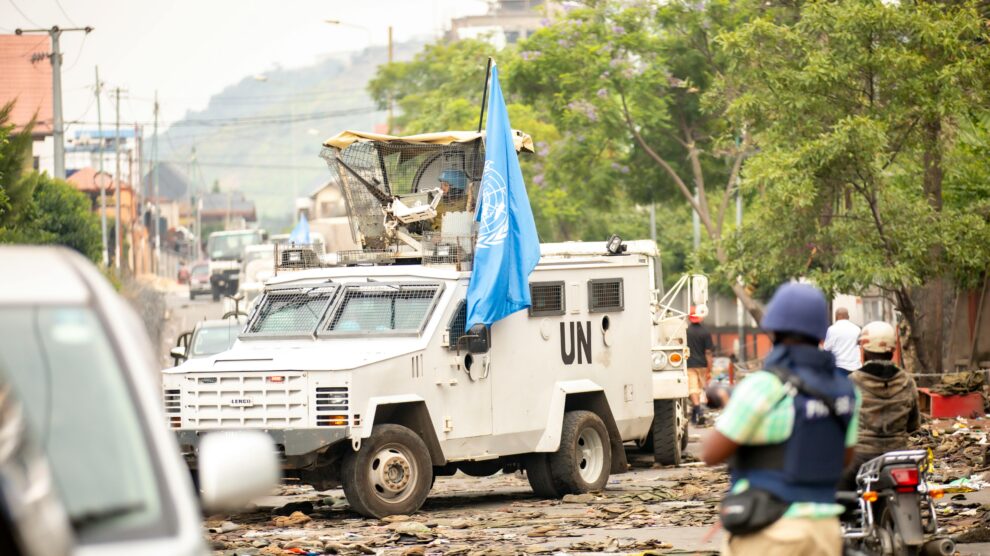The current peacekeeping system is often characterized by fragmentation and a lack of coordination among various actors, leading to inefficiencies and conflicting priorities.
Multiple Actors in Yemen: The conflict in Yemen involves a complex web of regional and international actors, including the Saudi-led coalition, the Houthi rebels, and various other factions. The UN’s efforts to broker peace have been hampered by the lack of a unified approach among key stakeholders. The U.S. and the UK, both permanent members of the UNSC, have maintained close ties with Saudi Arabia and have been reluctant to impose meaningful sanctions or restrictions on arms sales to the coalition. Meanwhile, Russia and China have used their positions to block resolutions that might challenge their own strategic interests. This lack of coordination has allowed the war to continue unabated, resulting in one of the world’s worst humanitarian crises.
Overlapping Mandates in Africa: In Africa, multiple organizations, including the UN, African Union (AU), and regional economic communities, often operate with overlapping mandates and conflicting priorities. For example, in Somalia, the AU mission (AMISOM) and the UN mission (UNSOM) have struggled to coordinate their efforts effectively, leading to inefficiencies and gaps in the peacekeeping response. This fragmentation undermines the overall effectiveness of peacekeeping efforts and highlights the need for a more centralized and coordinated approach.
- Delayed Deployment and Response Times
The current system’s reliance on voluntary troop contributions often leads to delays in deployment, reducing the effectiveness of peacekeeping missions.
Rwanda Genocide: The slow deployment of UN peacekeepers to Rwanda during the 1994 genocide is a stark example of the system’s inefficiencies. Despite early warnings of impending violence, the UN Security Council delayed authorizing a robust intervention, and member states were slow to contribute troops. By the time peacekeepers arrived, the genocide was already underway, and hundreds of thousands had been killed.
South Sudan Crisis: In 2013, when violence erupted in South Sudan, the UNSC authorized an increase in peacekeeping troops, but it took months for the additional forces to arrive. During this time, widespread violence and human rights abuses occurred, highlighting the need for a more rapid and responsive peacekeeping mechanism.
These delays underscore the importance of establishing a standing rapid-response force under a Global Peacekeeping Alliance, capable of deploying quickly to prevent and respond to emerging crises.
Read more in the book, The Global Peace Alliance

